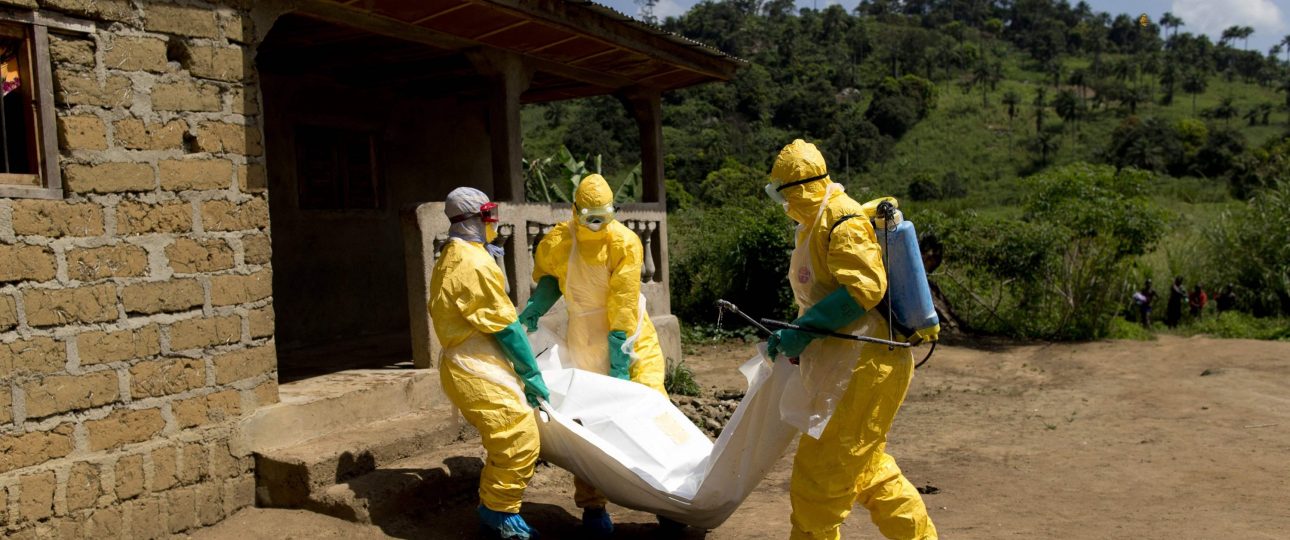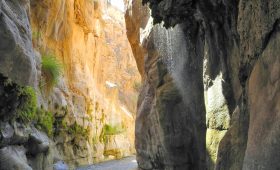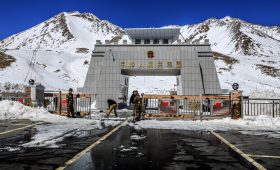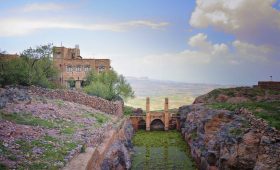About Macenta, Guinea
Macenta is a town in southeastern Guinea, serving as the capital of the Macenta Prefecture. Situated in the Guinea Highlands at an elevation of 620 meters (2,030 feet), it lies between the road from Nzérékoré to Guéckédou and near the border with Liberia. The Nianda River meets the Makonda River close to Macenta, adding to the region’s natural beauty.
Getting There
Reaching Macenta requires some planning. The nearest major airport is Conakry International Airport. From there, you can take a domestic flight to Nzérékoré Airport, which is the closest airport to Macenta. Alternatively, you can travel by road from Nzérékoré, a journey that offers scenic views but can be lengthy. Be prepared for a bit of an adventure on the road.
Best Time to Visit
Macenta experiences a tropical monsoon climate, with warm temperatures throughout the year. The dry season, from November to April, is the most comfortable time to visit. During these months, you can avoid the heavy rains that characterize the wet season. Expect temperatures to range from 30°C to 35°C (86°F to 95°F), so pack lightweight clothing and sunscreen.
Exploring Macenta
Nature and Wildlife
Macenta is a haven for nature enthusiasts. The area boasts lush rainforests and pristine rivers. Hiking through these dense forests can lead you to hidden waterfalls and stunning viewpoints. Wildlife is abundant, with colorful birds and playful monkeys frequently spotted. If you’re lucky, you might even catch a glimpse of the elusive pygmy hippopotamus. Bring a camera to capture these moments.
Cultural Experiences
Engage with the local culture by visiting nearby villages. The people of Macenta are known for their hospitality. Participate in traditional dances, sample local dishes, and learn about the region’s history and customs. Conversations with locals can offer insights into their way of life and the area’s rich cultural tapestry.
Accommodation and Local Transportation
While Macenta is not a major tourist hub, it offers a few accommodation options, including guesthouses and eco-lodges. These provide a comfortable base for exploring the area. For getting around, taxis and motorcycles are readily available in the town center. If you prefer more independence, renting a car is also an option, though road conditions can be challenging.
Local Economy and Facilities
Macenta is a key market town for agricultural products like tea, coffee, rice, and palm oil. A tea processing plant established in 1968 highlights the town’s economic activities. The town also hosts an agricultural research station and a sawmill. For healthcare, facilities like Hôpital Préfectoral de Macenta and Centre Medical Mission Phil Africaine are available. Educational institutions include Collège de Tripo Cabar and l’École Patrice Lumumba.
While Macenta offers a unique travel experience, be aware of its limitations. Infrastructure can be basic, and the region’s history, including its role in the 2014 Ebola outbreak, is a reminder of the challenges faced by this resilient community.




